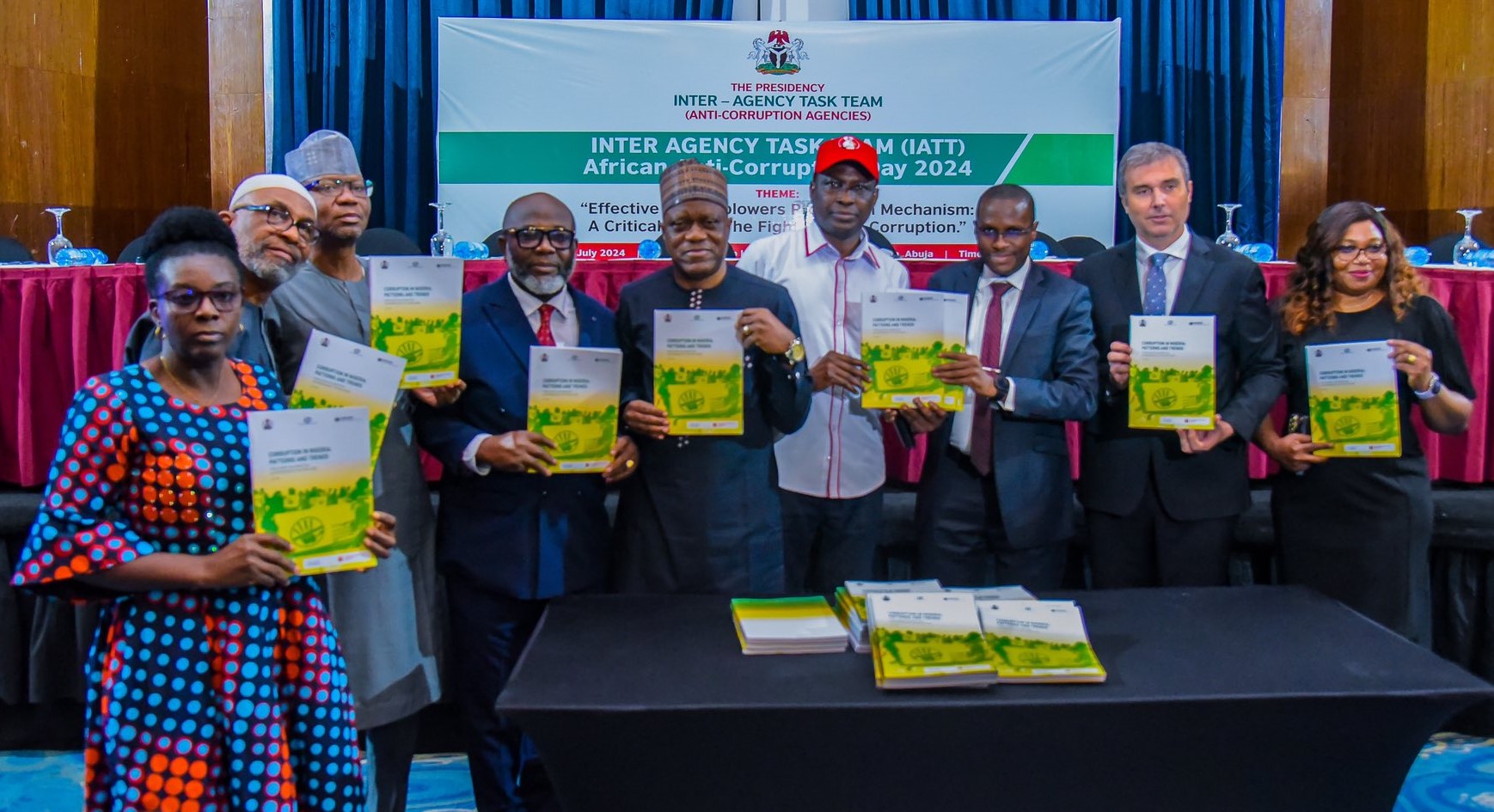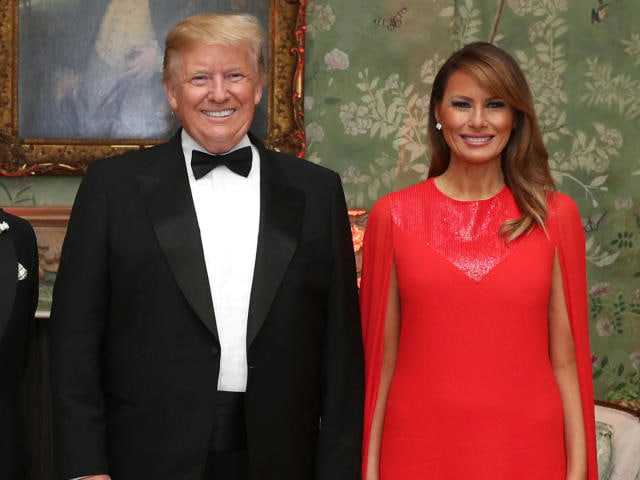By Joke Kujenya
OVER 70% of Nigerians refused to pay bribes in 2023, a new report from the United Nations Office on Drugs and Crime (UNODC) reveals.
The report, “Corruption in Nigeria: Patterns and Trends,” was produced with the National Bureau of Statistics (NBS), the MacArthur Foundation, and the Government of Denmark.
It is the third survey of corruption perceptions among Nigerians, providing insights into corruption trends and anti-corruption efforts.
Prince Adeyemi Adeniran, Statistician-General of NBS, highlighted the survey’s focus on real experiences of corruption.
“This survey focuses on understanding Nigerians’ actual encounters with corruption, not just perceptions,” he said.
The survey introduced modules on gender and disability to better understand how corruption affects marginalized groups like women, youths, and persons with disabilities.
The Honourable Attorney-General of the Federation and Minister of Justice launched the survey, which found fewer citizens faced negative consequences after refusing bribes in 2023 compared to 2019.
This suggests that more Nigerians are now willing to challenge corrupt officials without fear.
In 2023, 8.6% of Nigerians who paid bribes reported their experience to an official institution, up from 3.6% in 2019.
This increase may be due to better access to complaint channels and a greater willingness of institutions to act on these reports.
The proportion of bribery reports leading to formal procedures against officials tripled from 16% in 2019 to 45% in 2023. Reports without follow-up dropped from 34% to 17%.
Despite progress, corruption remains a significant issue in Nigeria, following cost of living, insecurity, and unemployment.
In 2023, Nigerians paid approximately $1.26 billion in cash bribes to public officials, about 0.35% of the GDP.
Bribery in the private sector also increased from 6% in 2019 to 14% in 2023.
A special report on gender equity and social inclusion shows women are less likely to engage in bribery.
Women (28%) are less likely than men (39%) to encounter bribery when dealing with public officials.
Only 19% of female public officials solicit or accept bribes compared to 35% of male officials.
People with disabilities face the same likelihood of being asked for bribes as others.
However, paying bribes for public services imposes a greater burden on them.
The report offers policy recommendations, suggesting that positive attitudes towards corruption could be encouraged by rewarding honest citizens and officials while holding corrupt individuals accountable.
Strengthening complaint mechanisms and increasing e-government use could further reduce bribery by minimizing citizen-official contact.
Dr. Oliver Stolpe, UNODC Nigeria Country Representative, praised Nigeria’s efforts.
“Through this survey, Nigeria has set an international best practice in implementing the UN Convention against Corruption,” he said, emphasizing the importance of evidence-based strategies in the fight against corruption.
At JKNewsMedia, our dedication to delivering reliable news and insightful information to our cherished readers remains unwavering. Every day, we strive to provide you with top-notch content that informs and enlightens. By donating to JKNewsMedia, you directly contribute to our mission of delivering quality journalism that empowers and informs. Your support fuels our commitment to bringing you the latest updates and in-depth analysis. Let's continue to uphold the highest standards of journalism and serve our community with integrity and dedication. Thank you for being a part of the JKNewsMedia family and for your ongoing support.





